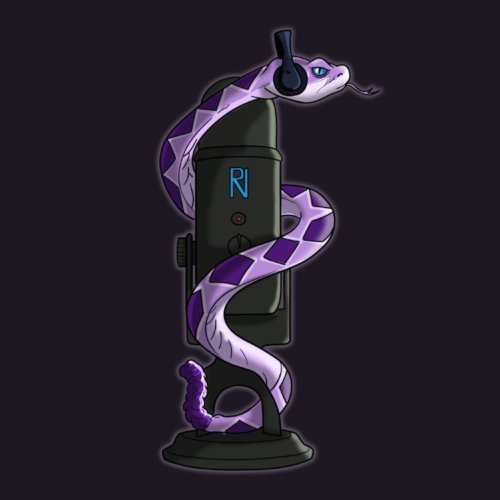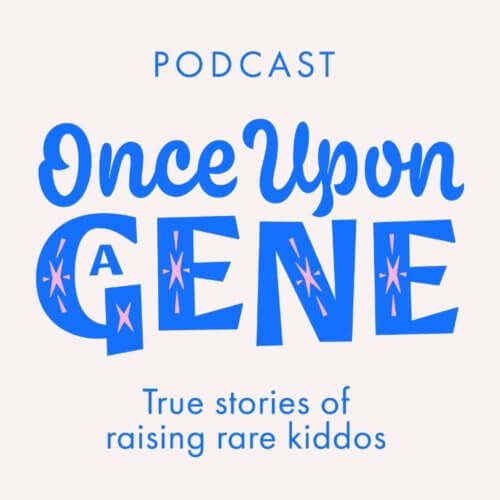Navigating Japanese Language and Culture – WPC2019 | 7
In June, I will be traveling to Kyoto, Japan for the 5thWorld Parkinson Congress(WPC). WPC is a global Parkinson’s event that opens its doors to all members of the Parkinson’s community, from neurologists and researchers to those living with the disease. Since my diagnosis in August 2017, I’ve launched the podcast When Life Gives YouParkinson’s. As an extension of that podcast, I have teamed up with the World Parkinson Coalition to help preview WPC2019.
Traveling to a foreign country can be difficult and intimidating whether you have Parkinson’s disease or not. In this episode of the WPC2019 podcast, we concentrate on learning some basic Japanese vocabulary and learn about the cultural nuances and expectations. James Heron, Executive Director of the Japanese Canadian Cultural Centre, offers proper pronunciation and explains the translation to more than a dozen useful Japanese words and phrases from how to introduce yourself and what to say before a meal and how to ask where the washroom can be found.
Heron also helps us better understand the Japanese culture. Ambiguity, for instance, is one of the traits you’ll encounter while interacting with Japanese people. He says, “It can be difficult to sometimes draw out opinions or get a clear ‘yes’ or ‘no.’” Ambiguity is driven by one of the most fundamental Japanese cultural concepts called wa, which is the Japanese word for harmony. According to Heron, “It’s very central to the Japanese psyche. As is the need to not put your opinions out there until group consensus has been reached.” Additionally, in Japan, things don’t always need to be said to be understood. Heron uses the Haiku poem to illustrate this idea, “While it’s only 17 syllables, there can be cultural markers in those very, very short poems that can open up huge swaths of meaning to the Japanese.” It’s really important when communicating with Japanese people you should be a little more patient than you might be in everyday life and avoid pushing for an opinion or answer.
When it comes to eating, Heron offers a menu full of insights. For instance, never stick chopsticks upright in your rice, because that is part of the funeral ritual. Also, if you can’t use chopsticks you can ask for a spoon or fork and in Japan sushi is a hand food, so you can eat it with your hands.
There are many other lessons tucked inside this episode including what to know about the “Japanese smile,” what to expect when you enter a Japanese washroom, where you can go to get quick cash, and what to know about slurping noodles.
Follow me, Larry Gifford
Twitter: @ParkinsonsPod
Facebook: Facebook.com/ParkinsonsPod
Instagram: @parkinsonspod
For more info on the World Parkinson Congress head to www.WPC2019.org
Facebook: Facebook.com/WorldPDCongress/
Twitter: @WorldPDCongress
YouTube: WorldPDcongress
Instagram: @worldpdcongress
Thank you to:
James Heron, Executive Director of Japanese Canadian Cultural Centre
Credits
Dila Velazquez – Story Producer
Rob Johnston – Senior Audio Producer
































